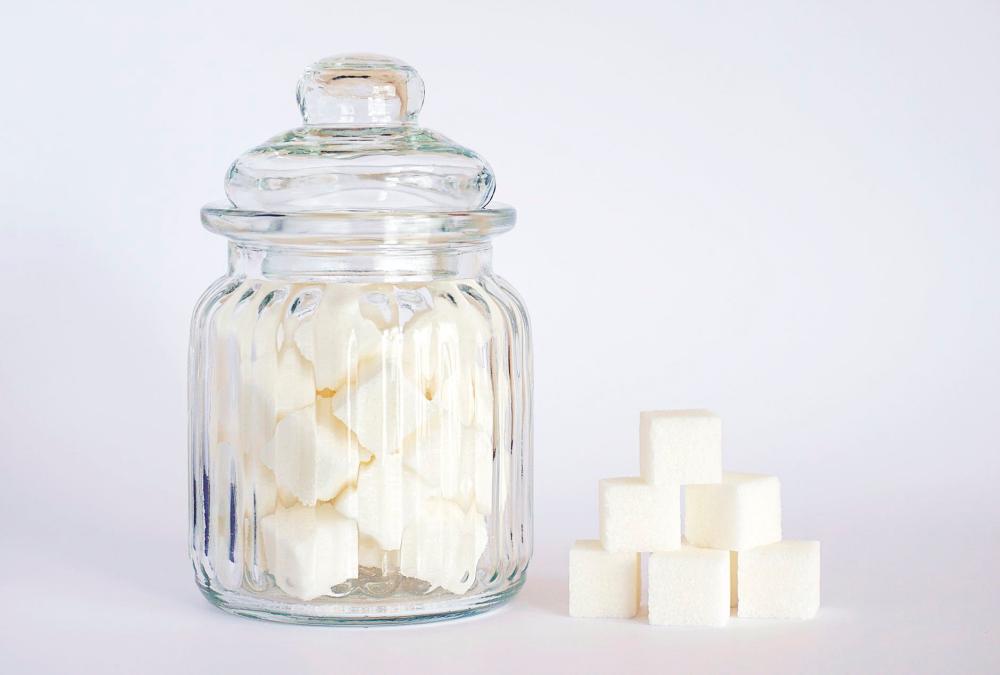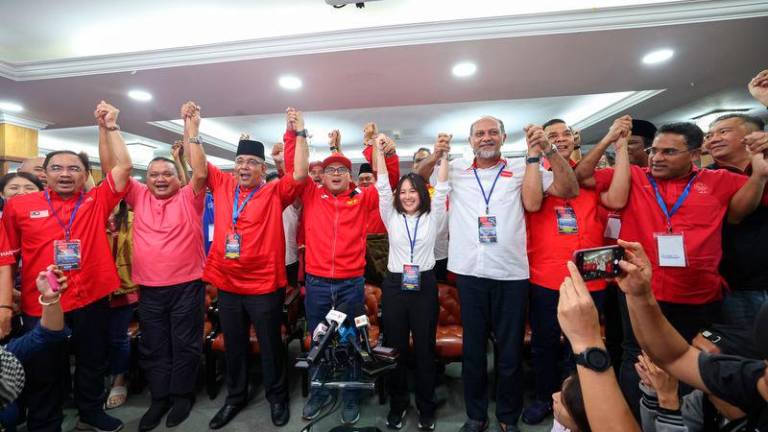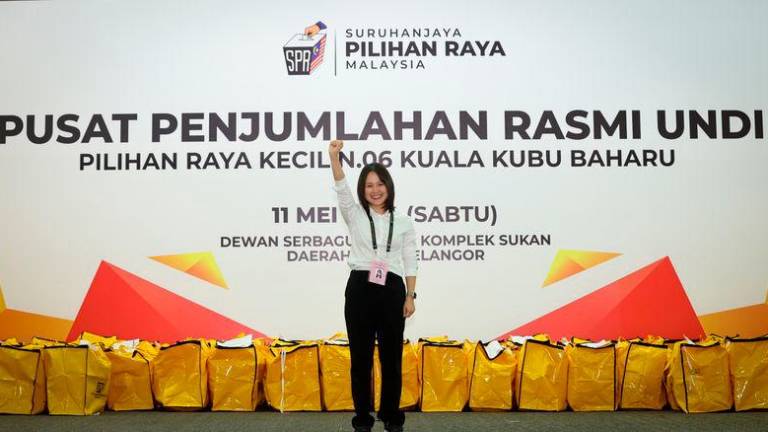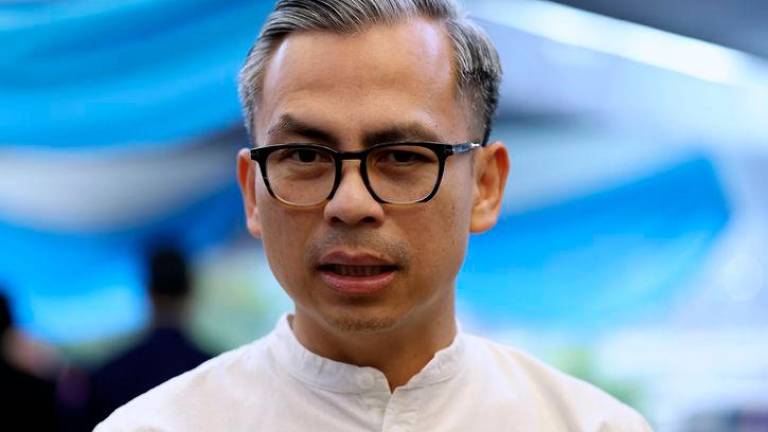WE are the most obese country in Asia. The Health Ministry has declared that 30% of Malaysians are overweight and almost 20% are obese. It is an alarming situation and we should do something about it.
Six years ago, I wrote my book, So Fat Lah! because I could literally see the problem around me. I wanted to help my friends, relatives and fellow Malaysians lose weight. But the message has not spread wide enough, and we continue to consume the way we always have, which is far too many calories.
There are many reasons for weight gain but I believe that the biggest culprit for many of us is sweet drinks. Whether I am at a restaurant, cafe, food court, hawker stall or any food outlet, I am somewhat disturbed by what diners have ordered. It is not the food but the drinks. There is the usual ubiquitous teh tarik and its other sweet companions including teh ais, kopi panas, limau ais, Milo, ice lemon tea, soft drinks, energy drinks, fruits juices, milk shakes, frappes and blended drinks.
I look at my own humble beverage, which costs a fraction of theirs. Mine is plain and simple water. My drink has zero calories whereas the man at the next table sips a teh tarik that contains 200 calories. His son has a glass of soft drink and his wife has a fruit juice, both of which contain 130 calories each.
So, how can we burn off that extra 200 calories. We would have to walk around 4km to burn that off, which is about an hour’s walk at a moderate pace. Perhaps this does not sound like that much of a work out, but if we are consuming an extra 200 calories in our tea tarik or other sweet drink every day, then the effect will be a build-up of fat on our bodies.
Sometimes, we consume such drinks two or three times a day. Sugar is addictive. Some studies have suggested that it is as addictive as cocaine. Some professionals have declared that if sugar was introduced as a new ingredient today, it would promptly be banned because of its negative effect on health.
If we are publicly advised by health professionals or perhaps even through a government campaign to give up this sugar habit, some of us would do so. Most, however, will not. This is because of the addictive nature of sugar. But more than that, consuming sweet beverages is deeply ingrained into our culture. So, something more has to be done.
That something is a blanket sugar tax. We already have a tax on sugar-sweetened beverages but this can be substantially expanded to include processed sugar and all products that contain it. This will immediately increase the price of hand-made beverages including the teh tarik, kopi panas, teh ais, frappes and all the other calorie-rich drinks.
Many of us will object as it will also increase the prices of chocolates, sweets, confectionary, deserts, pastries, jams, sweet snacks and ice-cream. But to concerned health professionals, it will be a sigh of relief, for all these products are filled with too many calories and contribute to the obesity problem in this country.
To tax refined sugar and all sugar-sweetened products generally is an extreme measure and only a few countries have attempted this, some successfully, some less so. However, desperate times call for desperate measures, and with more than half the country overweight or obese, it is hard to argue that these are not desperate times.
To prevent a public outcry, the tax rate should be introduced gently, beginning at a low rate, and then progressively increased every year. This would allow the rakyat to get used to the idea and to slowly change our dietary habits.
If we do not counter our obesity crisis, then our health system will be in crisis too. We know that obesity is the cause of high blood pressure, heart disease, diabetes, stroke and some types of cancer. Our health system may not be able to cope and the government may have trouble funding a health system that could be overwhelmed in coming years.
Any wise person will say that prevention is better than cure. This is something we should take to heart.
Tunku Halim Tunku Abdullah
Petaling Jaya










